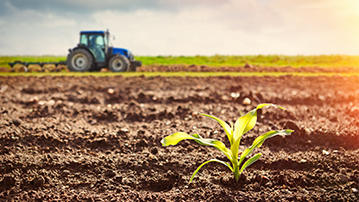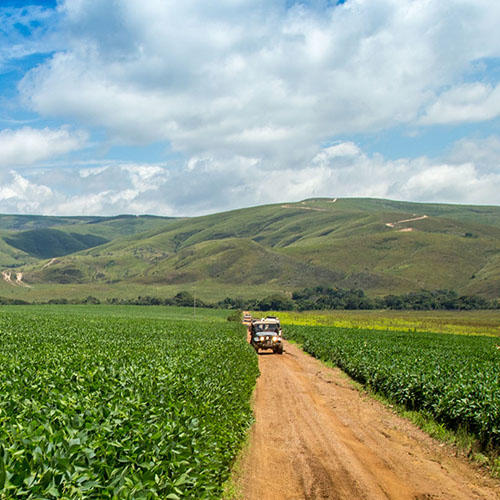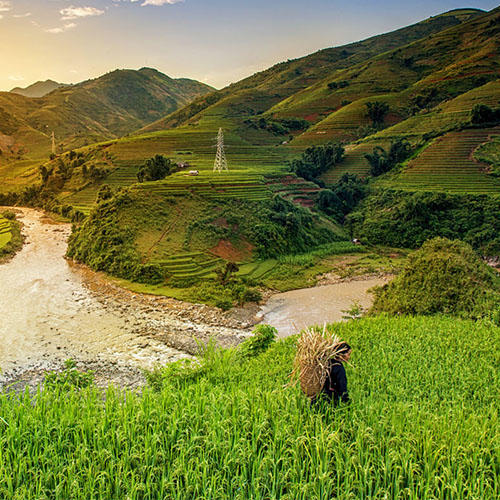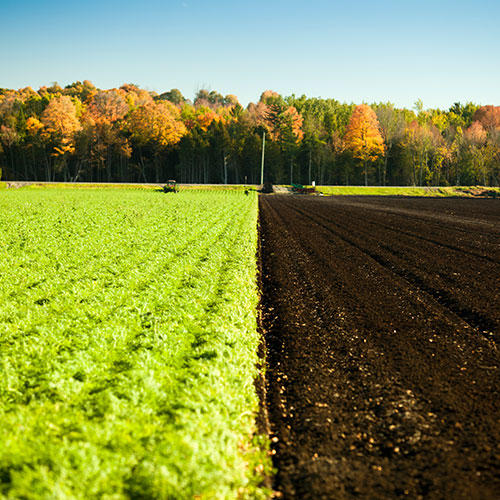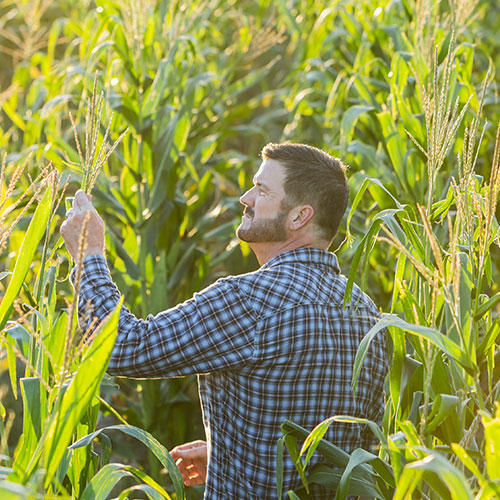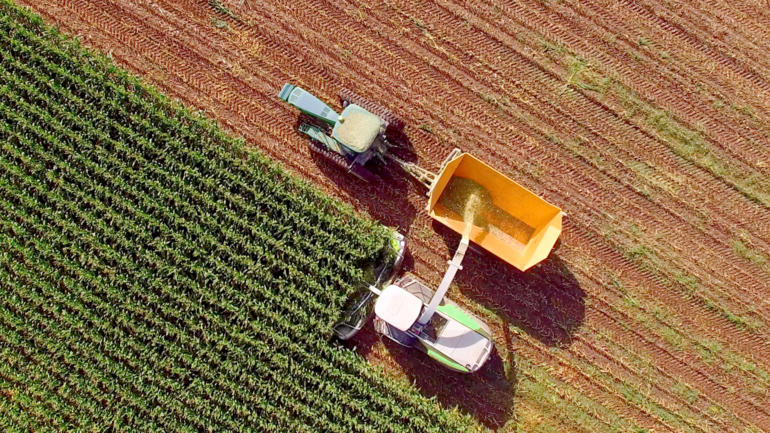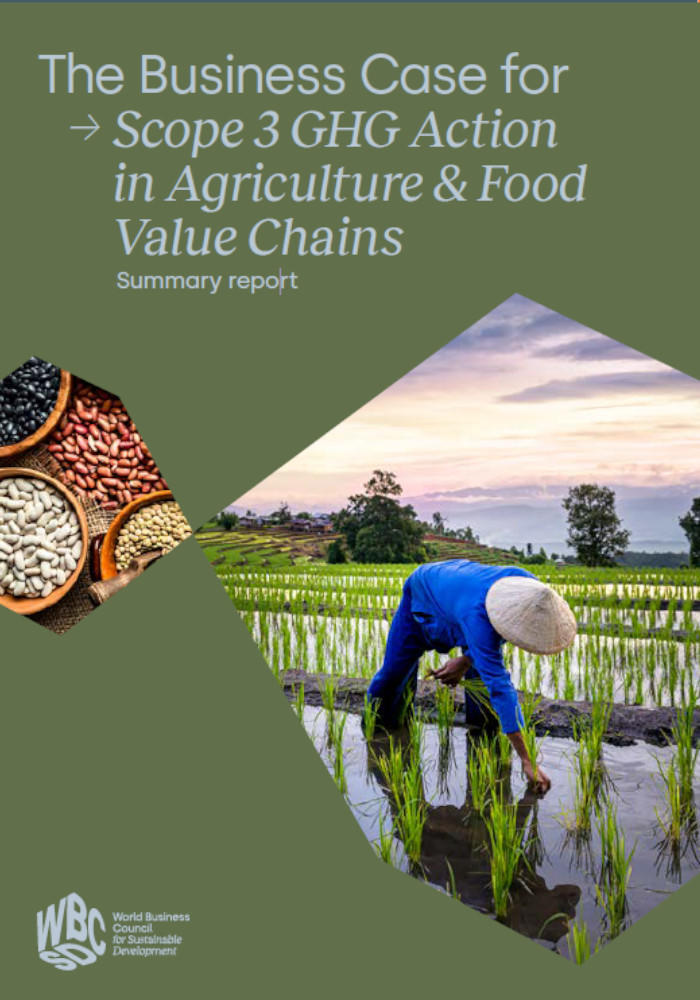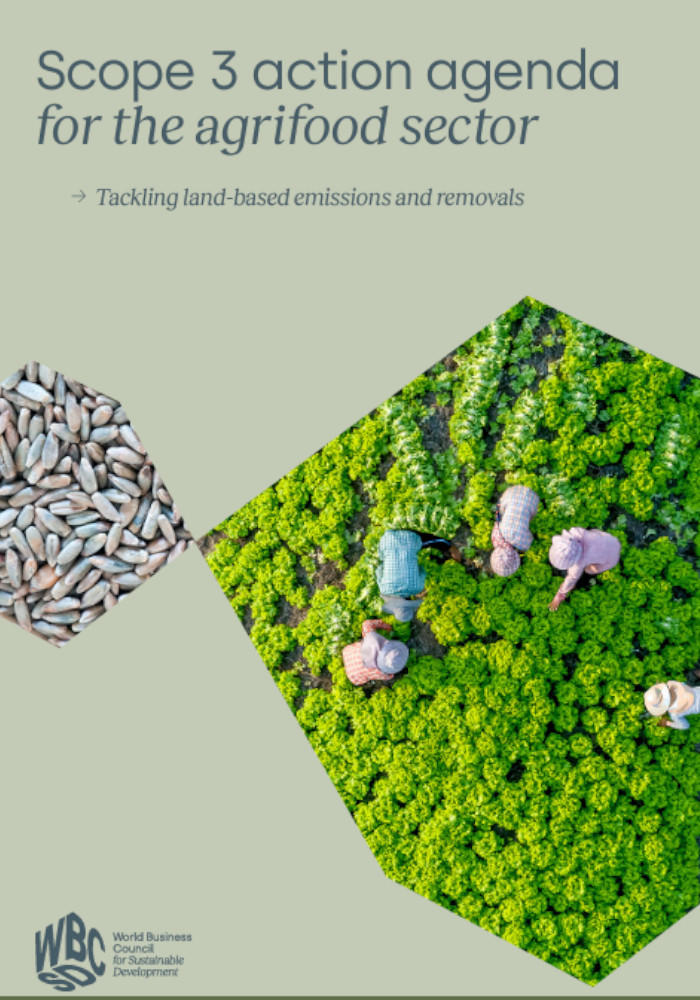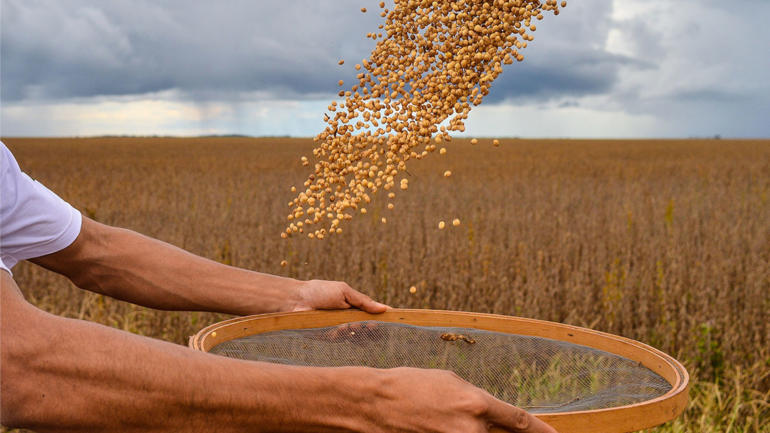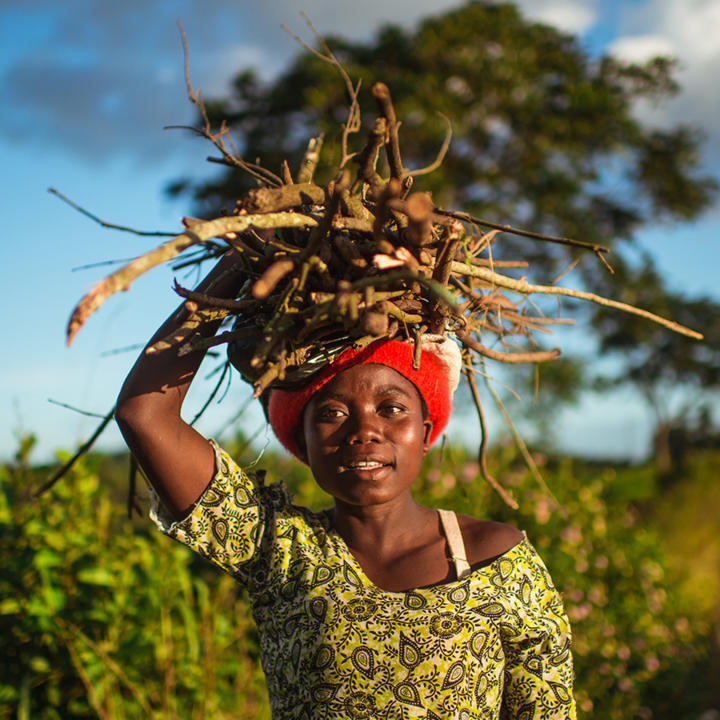Positive Agriculture
Our ambitious Scaling Positive Agriculture project aims to transform global food systems by maximizing the potential of agriculture as a solution for climate, nature and farmers. The project focuses on three priority pathways where business can provide real solutions: 1) climate positive – shifting agriculture from a net source to a net sink of GHG emissions; 2) nature positive – shifting agriculture from being the main driver of nature loss to a regenerator of nature; and 3) farmer positive – activating and strengthening farming and food producing communities engagement into climate and nature priorities while ensuring resilient, productive livelihoods.
The Challenge
The agricultural sector faces climate change, nature and land conversion and inequality challenges, culminating in a negative global narrative that is stifling collective solutions at scale. Key challenges for business include: lack of consistent metrics and unclear science for companies to transparently track and disclose progress; misalignment between food business goals and farmer needs, preventing combined action; fragmented public-private partnerships in major growing jurisdictions, limiting solutions at scale; lack of coherent policies and financing mechanisms to de-risk/attract widespread private sector engagement;
The Business Case
For companies across the entire food and agriculture value chain, public opinion and consumer demands are increasing pressure for action at scale to reduce the sector’s climate and nature footprint, provide farmer equity, and build a more resilient system that can withstand climate change and other systemic shocks. At the same time, innovation and technology are creating new business opportunities for new agricultural solutions and increasing value chain productivity, transparency and efficiency for key commodities.
The Solution
We have been supporting leading businesses since 2015 to drive solutions through our Scaling Positive Agriculture (SPA) project, including driving actions towards a net zero, 1.5 degree climate pathway for companies, driving the nature-positive agenda, and scaling collective actions in key landscapes, including the Brazilian Cerrado and Asian rice landscapes.

